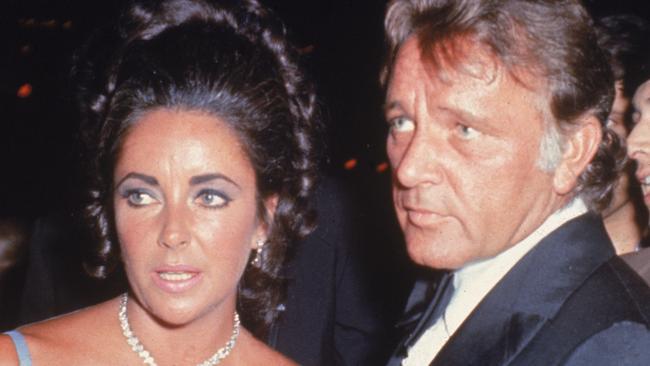Hunter S. Thompson tells Anthony Burgess where he gets off
A collection of letters by famous people offers unexpected delights.

There are times in this job when a reviewer doesn’t give me quite what I asked for and I get a little annoyed. I sometimes later tell myself to be more forgiving. Well, such thoughts are banished from mind after reading Hunter S. Thompson’s letter to Anthony Burgess when the English novelist, owing a “thinkpiece” to Rolling Stone, wrote from Rome to say he was struggling and perhaps the magazine would prefer to run an extract from a just-finished novella, “all about the condition humaine etc”. Thompson opened his reply by lamenting the magazine didn’t have an “International Gibberish Desk” because that’s where Burgess’s letter belonged. He fired the other barrel — “What kind of lame, half-mad bullshit are you trying to sneak over on us?” — then reloaded, fired (“… your limey bullshit”), reloaded, fired (“You lazy c. ksucker”), reloaded, fired (“cheapjack scum”), until his concluding salvo to the feted novelist of A Clockwork Orange to “get your worthless ass out of the piazza and back to the typewriter’’. “Your type is a dime a dozen around here, Burgess, and I’m f. ked if I’m going to stand for it any longer.’’ Wow. I don’t think human resources will let me use any of that in correspondence with reviewers. It’s also worth remembering Thompson shot himself. Even so, one bit I wouldn’t mind borrowing, in sentiment if not in language, is this: “When Rolling Stone asks for ‘a thinkpiece’, goddamnit, we want a f. king Thinkpiece’’.
Thompson’s 1973 letter to Burgess is one of the pearls in Shaun Usher’s More Letters of Note (Canongate, 384pp, $59.99), a beautifully produced compilation of correspondence between famous people, from Mozart to Marge Simpson. It is a follow-up to Letters of Note of 2013, a book that has lingered on the bedside table for dipping purposes. There are 122 letters in this second volume, each presented as a facsimile of its original, with a translation where handwriting requires one. Readers will gravitate to the names that interest them, which is why I read the literary and Hollywood ones first. But it’s worth making time for the outliers, too. Had I not, I would never have learned that Ayn Rand was a subscriber to Cat Fancy magazine. “I subscribed to Cat Fancy primarily for the sake of the pictures,’’ she tells its editor. I also like David Bowie’s modest letter to his first American fan. “ … my real name is David Jones … I hope one day to get to America.’’
Modesty is not the first trait that comes to mind when we think of Richard Burton, but there’s a certain self-deprecating honesty in his 1973 letter to Elizabeth Taylor after she gave him his marching orders (the first time around): “You’re off, by God! I can barely believe it since I am so unaccustomed to anybody leaving me. But reflectively I wonder why nobody did so before.’’ Modesty I do not detect in Aldous Huxley’s 1949 letter to George Orwell, written after receiving an advance copy of Nineteen Eighty-Four. I may be reading it uncharitably, but it seems Huxley thinks Orwell has written a fine book, albeit one that was anticipated and refined by Brave New World 18 years earlier. “… I feel that the nightmare of Nineteen Eighty-Four is destined to modulate into the nightmare of a world having more resemblance to that which I imagined in Brave New World.’’ My dystopia is bigger than yours?
To finish with the anti-Thompson, we have Kurt Vonnegut’s 2006 letter to a high-school class that had asked him to visit. The then 84-year-old “geezer” didn’t make the trip, but his letter is wonderful. “I don’t make public appearances any more because I now resemble nothing so much as an iguana … What I had to say to you, moreover, would not take long, to wit: Practise any art, music, singing, dancing, acting, drawing, painting, sculpting, poetry, fiction, essays, reportage, no matter how well or badly, not to get money and fame but to experience becoming, to find out what’s inside you, to make your soul grow.’’



To join the conversation, please log in. Don't have an account? Register
Join the conversation, you are commenting as Logout